2020: How The Classroom Changed Forever
We will remember the year 2020 as one of the most challenging, if not turbulent, years in history. What began as a virus strain in the far reaches of the Eastern Hemisphere manifested into a global pandemic, causing numerous casualties and economic spirals not seen since the Great Depression. As with most of the world, the spread of the virus became a crisis in early March, as everything from professional sports leagues to businesses were forced to shut down. Those businesses that could remain operational had to implement mandatory telework status for its employees.
The livelihood of billions are still being affected to this day, and major industries have had to adjust to a new normal. This change is no more evident than in the public school system, which has undergone significant alterations due to the COVID-19 pandemic, especially in Prince William County.
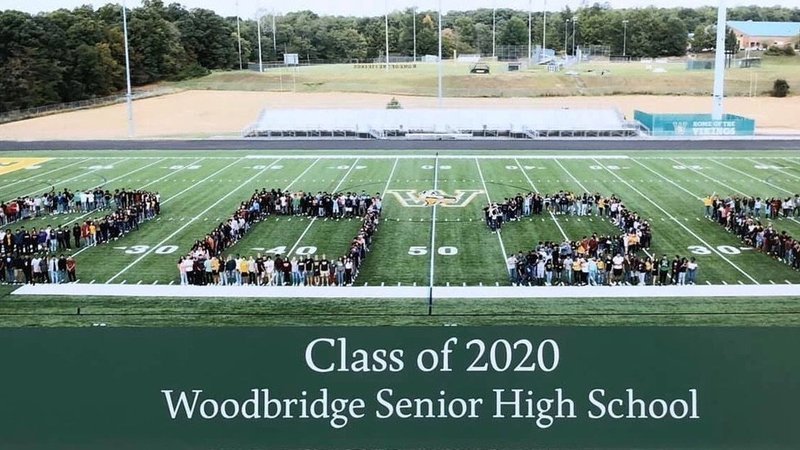 It all started on March 20 when Virginia Governor Ralph Northam made the decision to close all non-essential businesses in the state to combat the spread of the COVID-19 virus. In addition to the businesses closing, he also mandated that all public and private schools be closed for the remainder of the 2019-2020 academic school year. Parents now became in-home educators, and the teachers were preparing their classrooms from their kitchens or living rooms. Students who would normally spend hours with their friends on the playgrounds and lunch rooms could now only see them via a computer screen.
It all started on March 20 when Virginia Governor Ralph Northam made the decision to close all non-essential businesses in the state to combat the spread of the COVID-19 virus. In addition to the businesses closing, he also mandated that all public and private schools be closed for the remainder of the 2019-2020 academic school year. Parents now became in-home educators, and the teachers were preparing their classrooms from their kitchens or living rooms. Students who would normally spend hours with their friends on the playgrounds and lunch rooms could now only see them via a computer screen.
Moreover, this created a level of anxiety for the seniors who wanted to experience the moment that so many students desire when they first enter the halls of high school: walking on the stage to receive their diploma. Facing the possibility of missing that special moment, seniors from several local high schools petitioned the Prince William County School Board to have a graduation ceremony.
After much deliberation, the Board granted the seniors in several high schools the opportunity to do so. Governor Northam and First Lady Northam held a virtual graduation ceremony on May 29, with several guest speakers honoring the seniors for making it through a very difficult time. Over the summer schools did hold in person ceremonies, but with strict rules on social distancing.
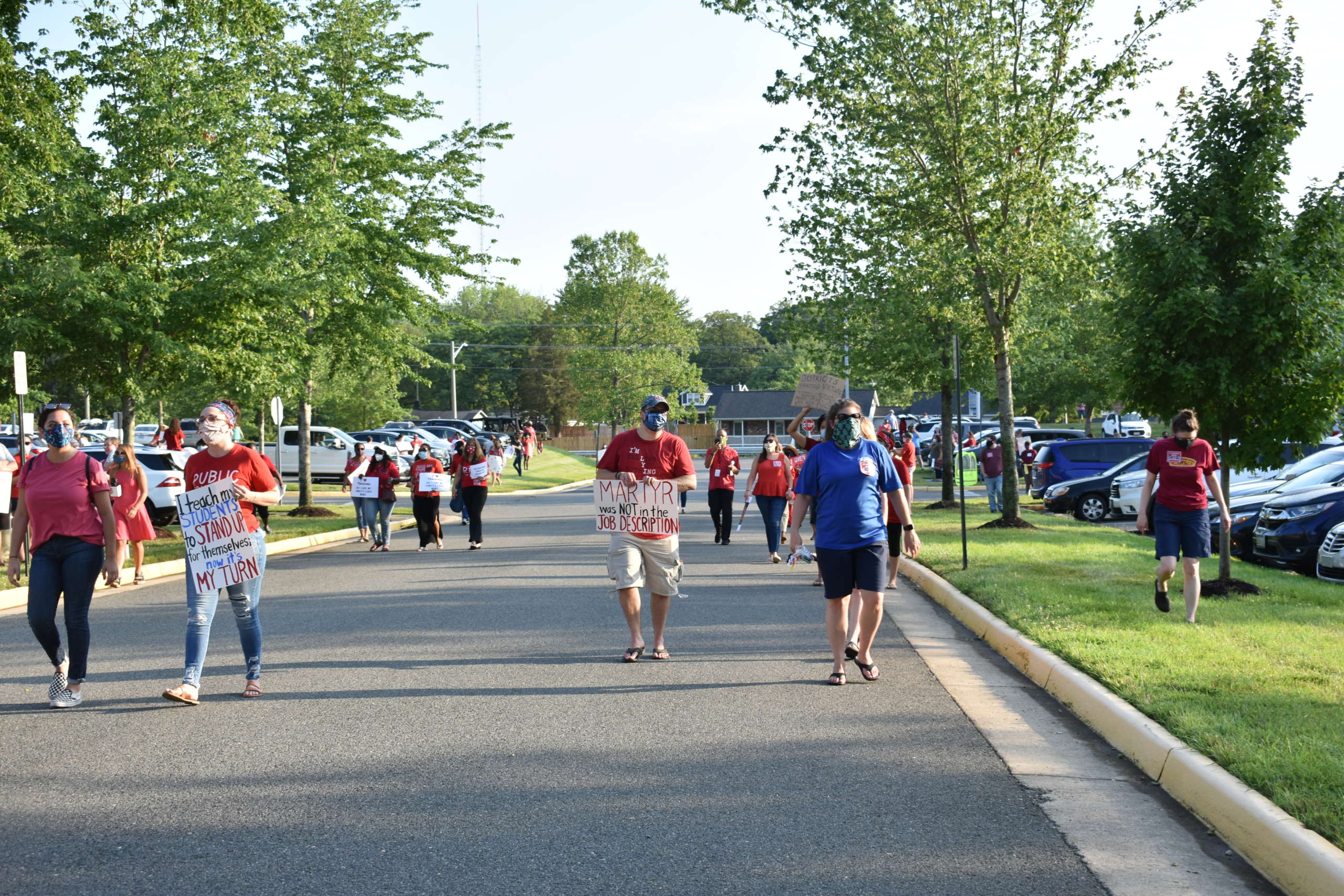 As a new school year began, the battle over reopening the schools became a heated debate between teachers and parents. The hashtag #NotUntilItsSafe became a popular mantra among those who expressed their concerns over the spread of the virus reaching not only themselves but the students. Although the 2020-21 school year began as 100% virtual learning, with the exception of Special Education and English as a Second Language courses, there has been a slow rollout of classes occurring since November.
As a new school year began, the battle over reopening the schools became a heated debate between teachers and parents. The hashtag #NotUntilItsSafe became a popular mantra among those who expressed their concerns over the spread of the virus reaching not only themselves but the students. Although the 2020-21 school year began as 100% virtual learning, with the exception of Special Education and English as a Second Language courses, there has been a slow rollout of classes occurring since November.
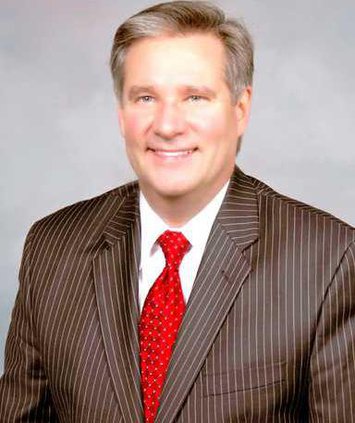 At the head of this debate was Superintendent Steven Walts, who announced that he will be resigning from his position at the end of the school year. Walts, who had his own share of controversy over allegations that he had exchanged more than 10,000 messages on his Twitter account and interacted with students at 11 p.m. as well as encouraged PWCS students to compare him to Christ. That was just one of many allegations he faced, going back to his days working for the school system in Greece, New York.
At the head of this debate was Superintendent Steven Walts, who announced that he will be resigning from his position at the end of the school year. Walts, who had his own share of controversy over allegations that he had exchanged more than 10,000 messages on his Twitter account and interacted with students at 11 p.m. as well as encouraged PWCS students to compare him to Christ. That was just one of many allegations he faced, going back to his days working for the school system in Greece, New York.
Currently, the search for his replacement is underway, and earlier this month many parents and teachers expressed their views for whom the new superintendent will be. The common theme was to have a leader who understands the growing diversity in Prince William County.
Speaking of diversity, two major victories took place over the summer that demonstrated the both the past and present of the area. First, the School Board passed Action 21.03 in July, which is the LGBTQ+ Pride Proclamation, and states as follows: “Prince William County Public Schools share in the belief that diversity is our greatest strength.” Its importance is that it will lead to greater protections for students and staff, as the Board of County Supervisors have declared Prince William County a hate-free and bigot-free zone. By making this declaration, it will allow the LGBTQ+ community to live in communities that are free from discrimination.
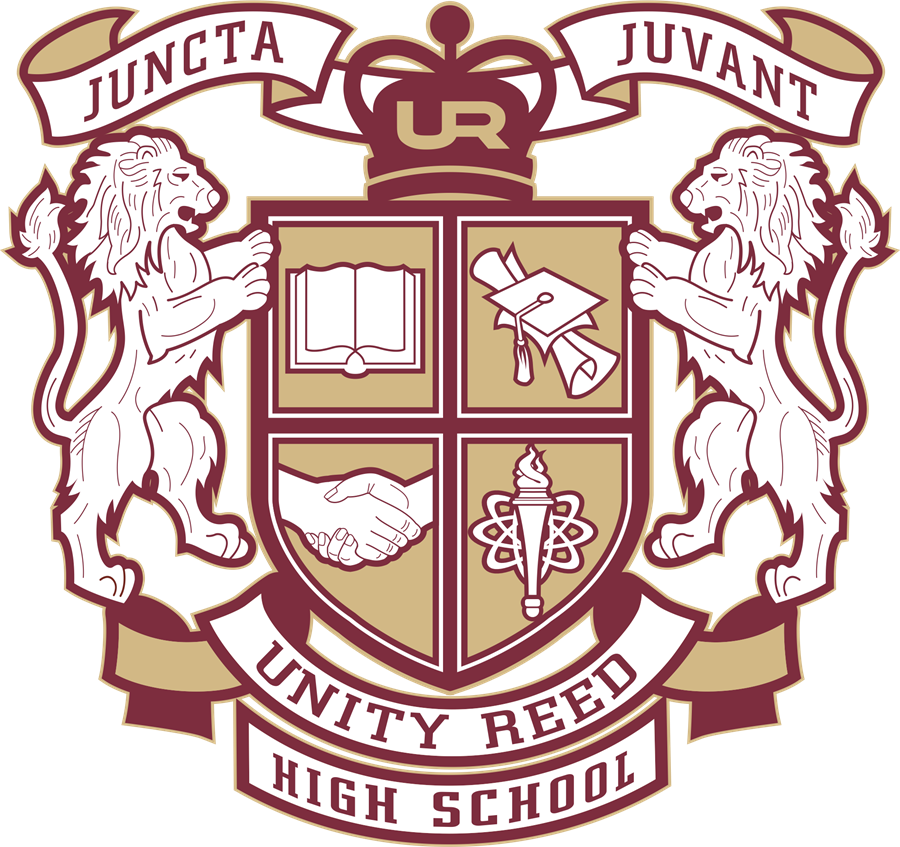 The second was one that was long overdue, as on June 29th two important changes were made to institutions in Manassas. The first was the controversial name of Stonewall Jackson Middle School, re-named Unity Braxton Middle School, to honor the Braxton family, who are civil rights leaders in the county. Also during that same night, the name Stonewall Jackson High School was changed to Unity Reed High School after the late Arthur Reed.
The second was one that was long overdue, as on June 29th two important changes were made to institutions in Manassas. The first was the controversial name of Stonewall Jackson Middle School, re-named Unity Braxton Middle School, to honor the Braxton family, who are civil rights leaders in the county. Also during that same night, the name Stonewall Jackson High School was changed to Unity Reed High School after the late Arthur Reed.
 While diversity was celebrated in some areas of education, there were still some battles that Black people are still facing, and that’s the hiring of male teachers in the classroom. 2019 National Teacher of the Year Rodney Robinson hosted a virtual panel to discuss why Black male teachers are not being hired or retained in classrooms that are becoming increasingly diverse. It highlighted the obstacles that Black applicants still face and the pending results it has on students of color.
While diversity was celebrated in some areas of education, there were still some battles that Black people are still facing, and that’s the hiring of male teachers in the classroom. 2019 National Teacher of the Year Rodney Robinson hosted a virtual panel to discuss why Black male teachers are not being hired or retained in classrooms that are becoming increasingly diverse. It highlighted the obstacles that Black applicants still face and the pending results it has on students of color.
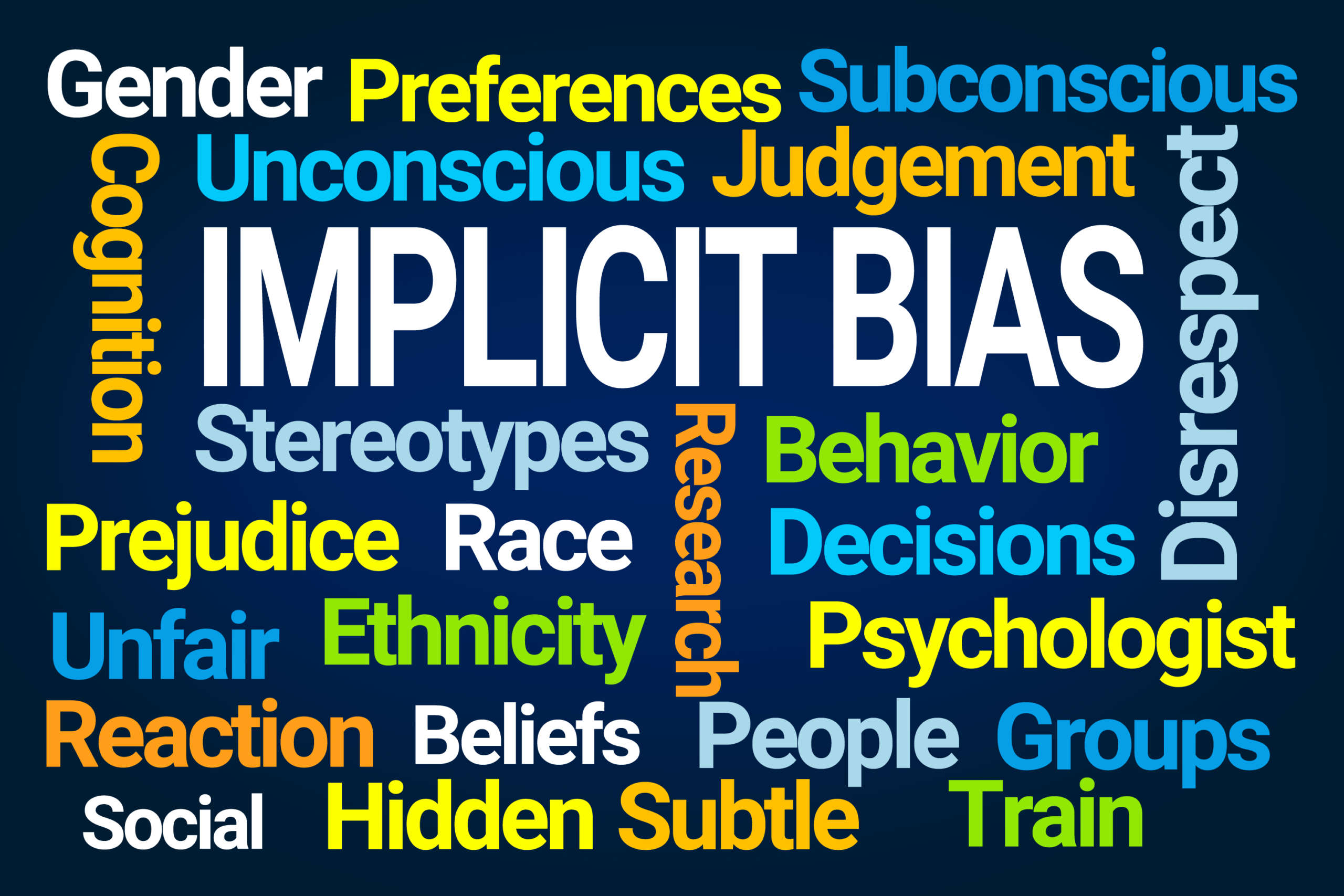 Going into 2021, there is another challenge that the School Board and Board of County Supervisors will have to confront: mandatory implicit bias training for staff. Earlier this month, the Republican BOCS staged a walk-out during a joint session when a presentation on the subject was being held. Despite feigning ignorance on the matter, the fact still remains that implicit bias training is a genie that has been let out of the bottle, and there is no political posturing that is going to put it back in.
Going into 2021, there is another challenge that the School Board and Board of County Supervisors will have to confront: mandatory implicit bias training for staff. Earlier this month, the Republican BOCS staged a walk-out during a joint session when a presentation on the subject was being held. Despite feigning ignorance on the matter, the fact still remains that implicit bias training is a genie that has been let out of the bottle, and there is no political posturing that is going to put it back in.
While this year has had its share of challenges to the way teachers and students have had to adjust, there is still room for improvement, especially when it comes to providing equal opportunities for Black and Brown students.


